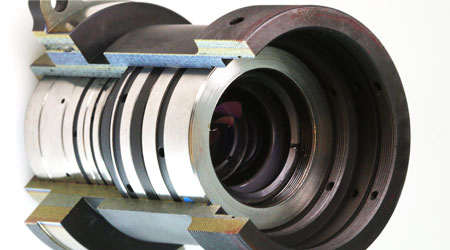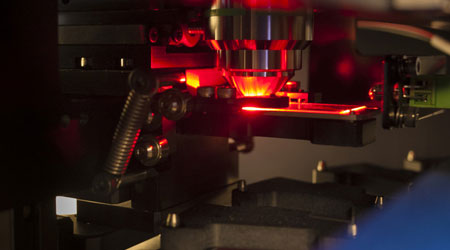Fisheye lens is an extreme wide-angle lens, and "fisheye camera lens" is its common name. In order to maximize the photographic angle of view, the front lens of this photographic lens has a short diameter and a parabolic projection to the front of the lens, which is quite similar to the eyes of a fish, hence the name "fisheye camera lens".
The biggest function of a fisheye camera lens is a wide viewing angle range, which can generally reach 220° or 230°, which creates conditions for shooting a large range of scenery at close range; fisheye lens can create a very strong perspective effect when shooting close to the subject, emphasizing the contrast between the large and small objects, which makes the captured images have a shocking appeal; the fisheye lens has a fairly long depth of field, which is conducive to the long depth of field effect of the photo.
There are two kinds of fisheye camera lens imaging, one is like other lenses, the image is full of the picture; the other is round. No matter what kind of imaging, the image taken with a fisheye lens is quite deformed and has a strong sense of perspective convergence. Therefore, it is often used as a special effect lens. An arm that stretches toward a fisheye lens will appear twice as long.
Fisheye camera lens has a large field of view, so it is widely used in scene monitoring, satellite positioning, robot navigation, tiny intelligent systems and engineering measurement. Because fisheye lenses can achieve full airspace tolerance and full-time real-time information acquisition, especially in line with the requirements of modern warfare for information acquisition technology, which is unmatched by other photoelectric detection methods. Therefore, fisheye lenses are used in important fields of national defense and military.
A fisheye lens can be used to shoot unusual but creative images. It distorts and bends ordinary images or lines, and the resulting images are completely different from those taken by other lenses.
 Call us on:
Call us on:  Email us:
Email us:  R&D Center: 9B-4F 401,No.1 Qingnian Road Liando U Valley,Yuhua International Wisdom Valley, Nanjing, 210039 China
R&D Center: 9B-4F 401,No.1 Qingnian Road Liando U Valley,Yuhua International Wisdom Valley, Nanjing, 210039 China









 English
English  cn
cn  de
de  es
es  fr
fr 


